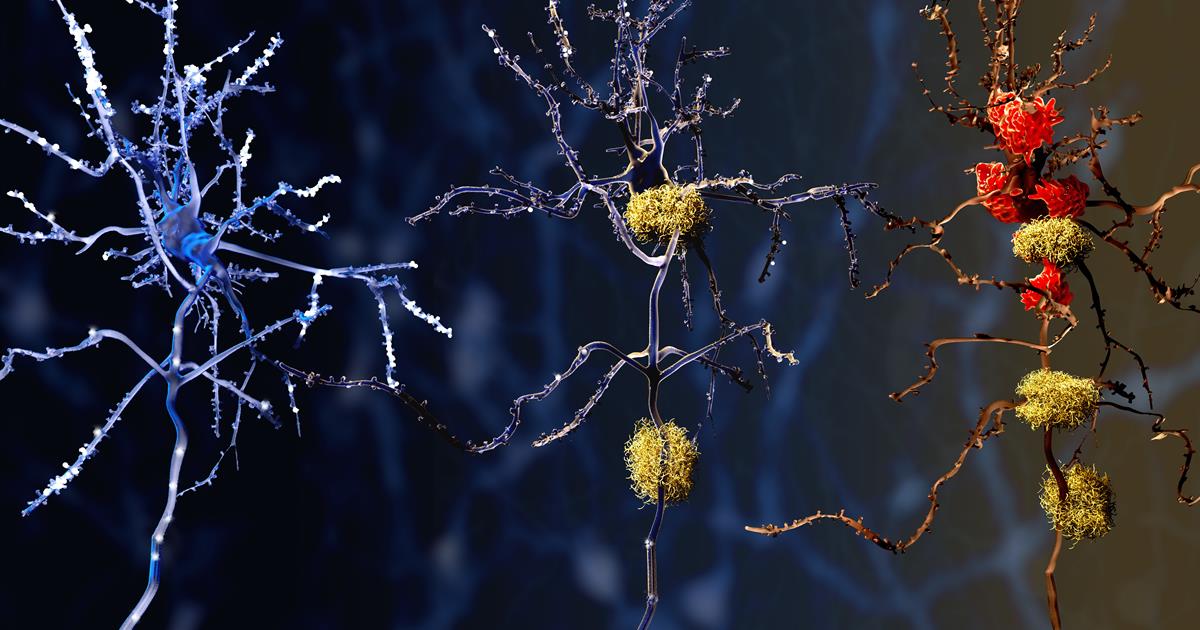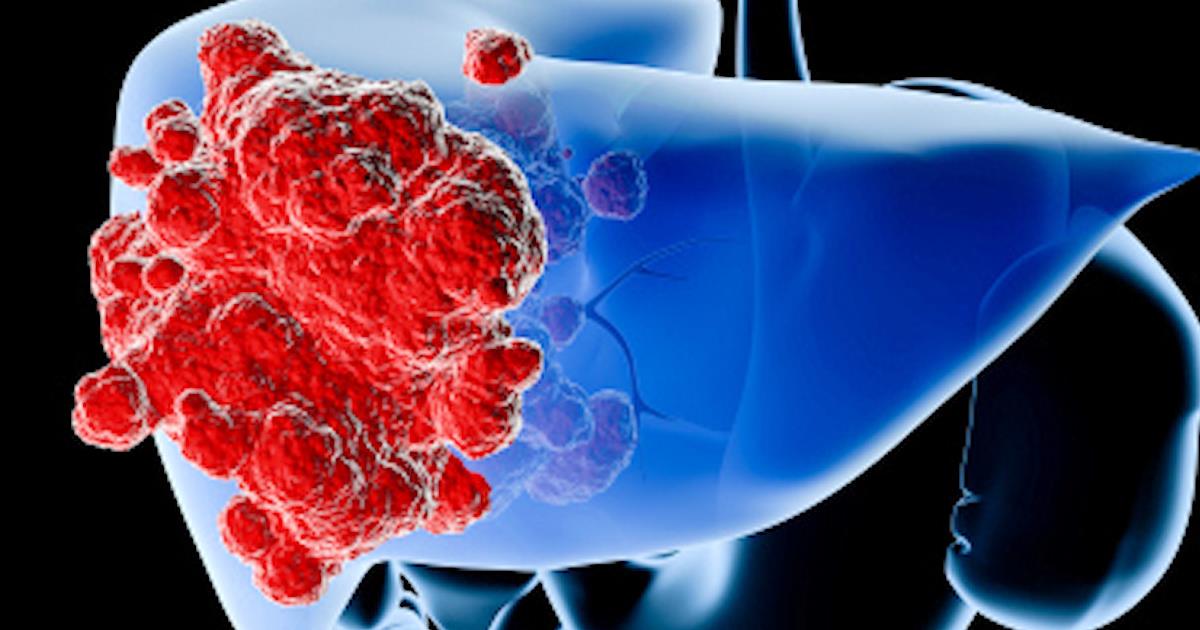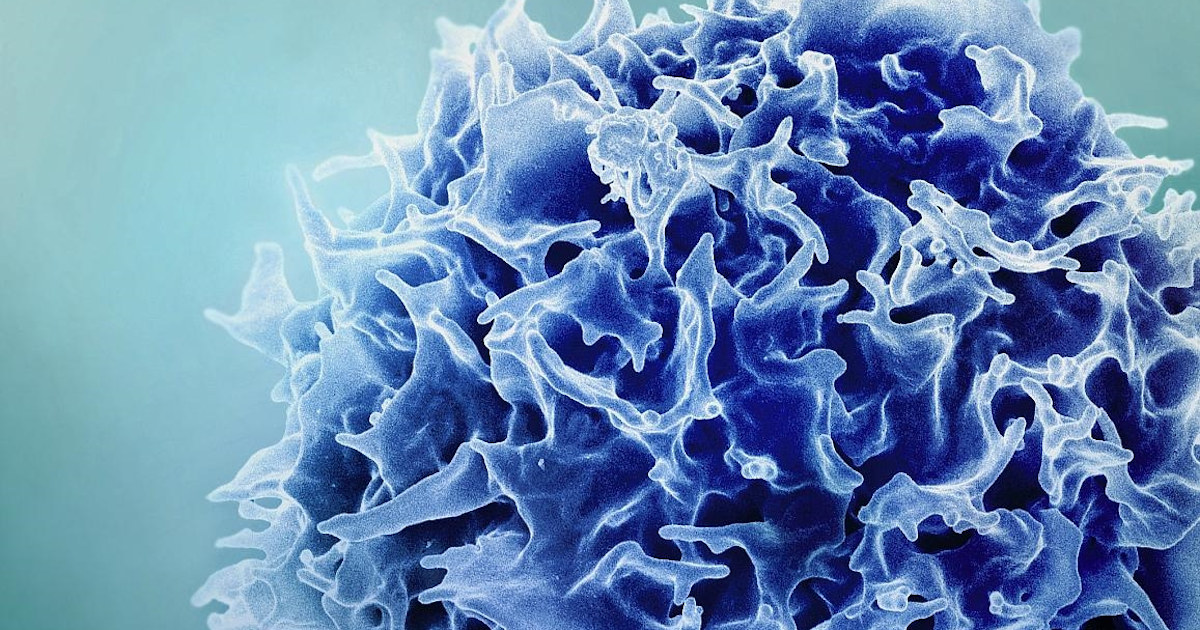March 17, 2023 -- A nanoparticle loaded with HER2-targeting antibody fragments and cytotoxic payloads performs a “hit and run” attack on gastric cancers in mice, eradicating the tumors while being safely cleared from the body via the kidneys to minimize toxicity. Read More
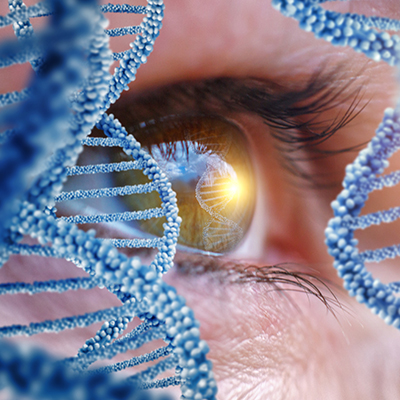 Gene-editing reverses vision loss in mice
Gene-editing reverses vision loss in mice
March 17, 2023 -- Researchers in China successfully restored the vision of mice with retinitis pigmentosa, a major cause of blindness in humans. The research, published Friday in the Journal of Experimental Medicine, describes a new form of CRISPR-based genome editing which has the potential to correct a variety of disease-causing genetic mutations. Read More
 NIH seeks industry partners for technology transfer
NIH seeks industry partners for technology transfer
June 23, 2022 -- The National Institutes of Health (NIH) is the world’s largest public funder of biomedical research. ScienceBoard.net spoke with Michael Salgaller of the National Cancer Institute at the 2022 Biotechnology Innovation Organization International Convention about NIH’s technology transfer professionals who work with its scientist inventors to find commercial partners to take their inventions to market. Read More
 Estonia’s ambitious plans to grow its biotech industry
Estonia’s ambitious plans to grow its biotech industry
June 22, 2022 -- The Baltic state of Estonia's biotech industry is expected to grow tenfold this decade and offers significant opportunities for Estonian companies. ScienceBoard.net spoke with Andres Sutt, Estonia’s minister of entrepreneurship and information technology, at the 2022 Biotechnology Innovation Organization International Convention in San Diego about the country’s ambitious plans to grow its biotech industry. Read More
 Researchers learn why carp virus inhibits host cell immune system
Researchers learn why carp virus inhibits host cell immune system
September 26, 2022 -- Belgian researchers have learned how a carp virus uses the protein domain Zalpha (Zα) to inhibit the defense mechanisms of the host cell. The discovery has implications for how Zα domain-containing proteins of the immune system function. Read More
 MIT miniaturizes antenna for wireless operation inside living cells
MIT miniaturizes antenna for wireless operation inside living cells
September 23, 2022 -- Massachusetts Institute of Technology (MIT) researchers have created an antenna that can operate inside cells and is compatible with 3D biological systems, with the potential for applications in diagnostics and therapeutics. Read More
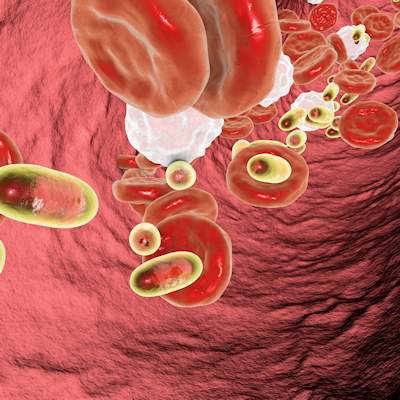 Nanoparticles protect mice from blood vessel rupture, offers potential therapy for abdominal aortic aneurysms in humans
Nanoparticles protect mice from blood vessel rupture, offers potential therapy for abdominal aortic aneurysms in humans
August 11, 2022 -- Administration of small interfering RNA nanoparticles has protected mice from sudden death due to the rupture of a major blood vessel in the abdomen, setting the stage for research that could ultimately enable treatment for people at risk of life-threatening abdominal aortic aneurysm. Read More
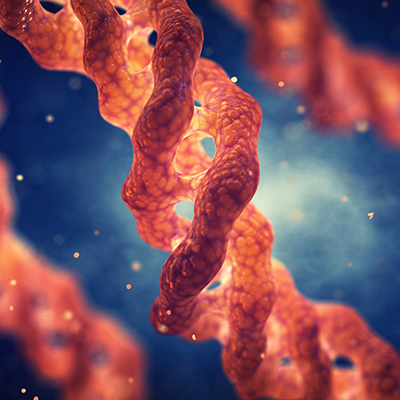 High type of collagen equals higher metastasis
High type of collagen equals higher metastasis
August 11, 2022 -- High levels of collagen type XII can make tumors more aggressive and trigger metastasis, according to research from the Garvan Institute of Medical Research in Australia. Read More
 Antion Biosciences takes allogeneic approach to therapies with microRNA technology
Antion Biosciences takes allogeneic approach to therapies with microRNA technology
October 21, 2022 -- Science Advisory Board spoke with Dr. Sven Kili, CEO of Antion Biosciences, at last week’s 2022 Cell & Gene Meeting on the Mesa, where he laid out his vision for where the company is heading and what the industry needs to do to cure diseases with significant unmet medical needs. Read More
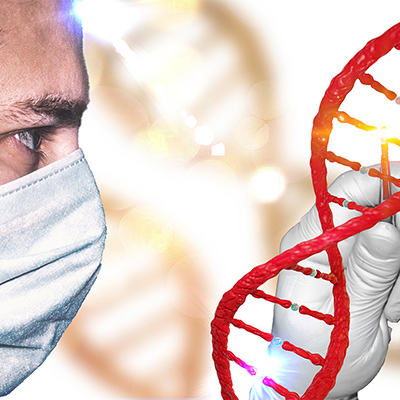 CRISPR interference screening reveals mitochondrial door linked to Alzheimer's, cancer
CRISPR interference screening reveals mitochondrial door linked to Alzheimer's, cancer
October 21, 2022 -- Using CRISPR interference screening, scientists at the Whitehead Institute have uncovered the gene that serves as a doorway to the mitochondrial membrane, providing a molecular basis for understanding its role in cancer and Alzheimer's disease Read More
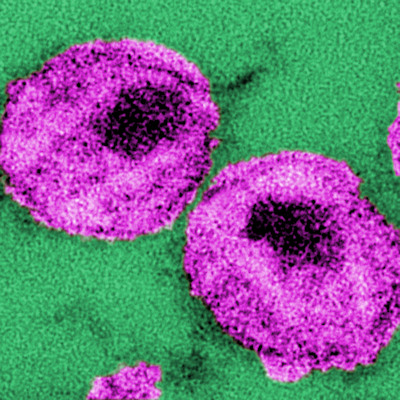 2-step molecular strategy spots HIV-1
2-step molecular strategy spots HIV-1
July 11, 2022 -- Scripps Research scientists and collaborators have discovered the innate immune system uses a two-step molecular strategy to detect HIV-1, even when the virus is present in very small amounts. Read More
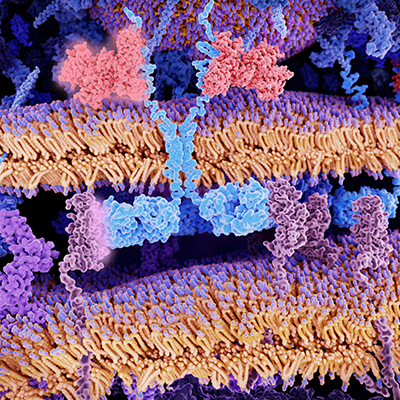 Single-cell sequencing finds subset of CAR T cells that drive anticancer effects
Single-cell sequencing finds subset of CAR T cells that drive anticancer effects
July 8, 2022 -- A small subset of the CAR T cells prepared for therapy produce most of the anticancer activity, suggesting it may be possible to improve the treatment, according to a study published in the journal Cancer Discovery. Read More

Science In Brief
Conferences
Connect
Latest Tweets





